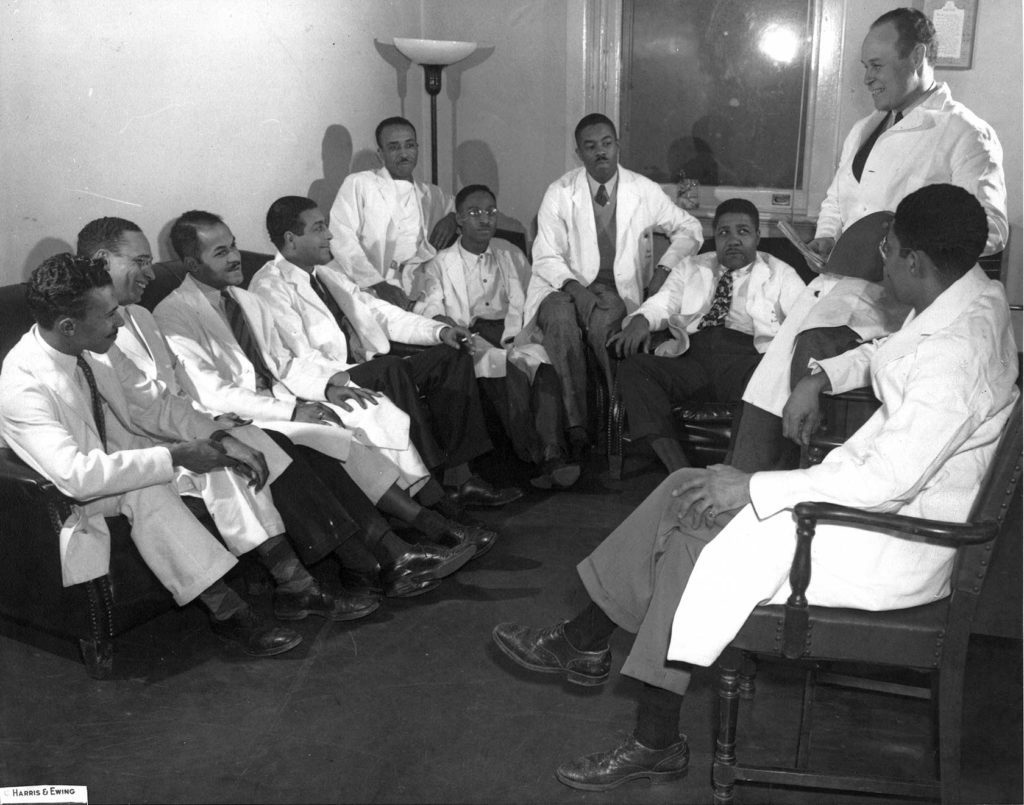
Originally founded as Negro History Week by the noted historian Carter G. Woodson and others, the month carries with it an annual theme designated by the Association for the Study of African American Life and History.
This year’s theme is Black Health and Wellness, and it’s keyed to exploring more deeply both the diaspora’s access disparities and unique challenges, while also celebrating Black pioneers in medicine.
The COVID-19 pandemic has once again showcased the disparity in health care for Black people and other minorities. In most instances, the problem dates back to prejudices and practices from decades ago, even centuries. But there were great men and women along the way, as well — African Americans who made huge strides for everyone while setting new standards.
Dr. Rebecca Lee Crumpler, for instance, became the first Black woman in to earn a medical degree in the U.S. after years of serving as a nurse. Dr. James McCune Smith was the first Black American to earn a medical degree, although he was forced to attend the University of Glasgow due to Jim Crow-era admissions practices in his home country. He later became the first Black person to own and operate his own pharmacy in the U.S.
Dr. Charles Richard Drew is now known as the father of blood banking, after pioneering preservation techniques that made donations far more widespread. Dr. Marilyn Hughes Gaston likewise became a pioneer in the study of sickle cell anemia, leading a groundbreaking 1986 study that paved the way for a national screening program. Dr. Regina Benjamin became America’s 18th surgeon general.
Their achievements stand in direct contrast the difficulties their community has faced in getting safe, modern, economical health care. Black History Month’s theme of Black Health and Wellness also underscores how the awful traditions of whites-only hospitals, discriminatory insurance policies and neglected Black medical facilities built a foundation of poor medical outcomes and earlier death.
Left to themselves, Black people turned to folk remedies instead of a physician’s care, hearkening back to the diaspora’s African roots. Naturopaths, healers and midwives were commonplace. There was also widespread use of more cost-effective plant-based medicines, including garlic (for high blood pressure) and aloe vera (for issues of the skin). In some cases, those remedies were later validated by scientists — but in the meantime, the differences in how Americans were cared for remained stark.
The 20th and 21st centuries saw huge advancements, including the passage of the Affordable Care Act, but there’s still work to do. This year’s Black History Month theme aims to highlight how the United States continues to fall behind other industrialized nations in providing medical care for all of its citizenry.






